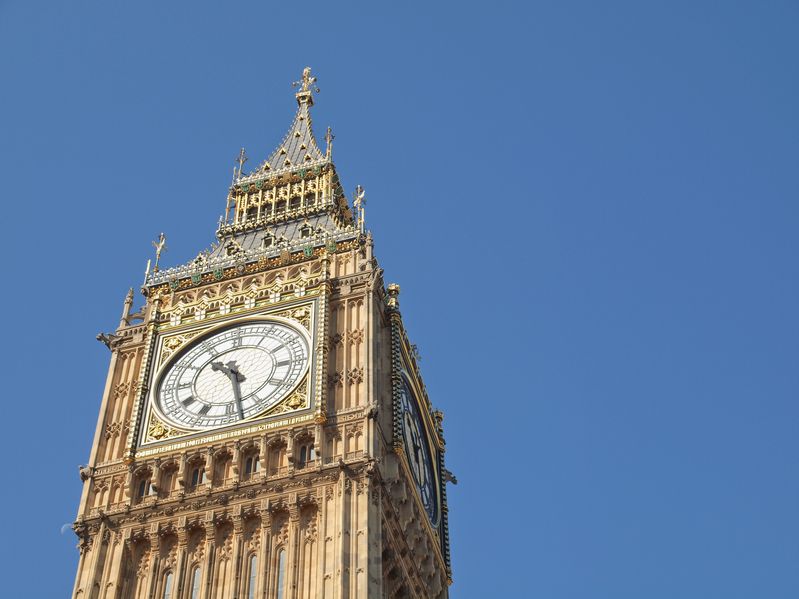
The farming industry has called for more clarity on funding post-2022 as the Agriculture Bill receives its Second Reading next week.
MPs will have their first opportunity to debate the main principles of the Agriculture Bill at the Bill’s Second Reading in the House of Commons on 10 October.
The debate will set the agenda for the Committee Stage of the Bill, which will see detailed amendments tabled and voted upon.
The Agriculture Bill, announced on 12 September, sets out how farmers and land managers will in future be paid for “public goods”, such as better air and water quality and improved soil health.
But concerns from the Country Land and Business Association (CLA) has led to calls for more certainty on Government funding plans for the industry post-2022.
CLA President, Tim Breitmeyer said the Agriculture Bill is still "relatively superficial".
"Now landowners, farmers and rural businesses need to know the detail that lies beneath the rhetoric. For farms and other businesses to develop meaningful plans for the future, we need to have much more clarity on how the new policies will work in practice," Mr Breitmeyer said.
“Top of the list is clarity on funding post-2022. We share the Government’s ambition for enhancing the environment alongside quality food production, but this can only be delivered by a secure and profitable farming industry.
He added: “Introducing a commitment for a sufficient long-term budget into the Bill, and confirming sufficient payment rates that recognise the industry’s high welfare and environmental standards, would provide farmers and landowners with confidence that engaging in the new payment for public goods scheme is a sensible business plan.”
The comments follow news of the Tenant Farmers Association (TFA) challenging MPs to "grasp the enormity" of setting out new farming policies as the Second Reading looms.
